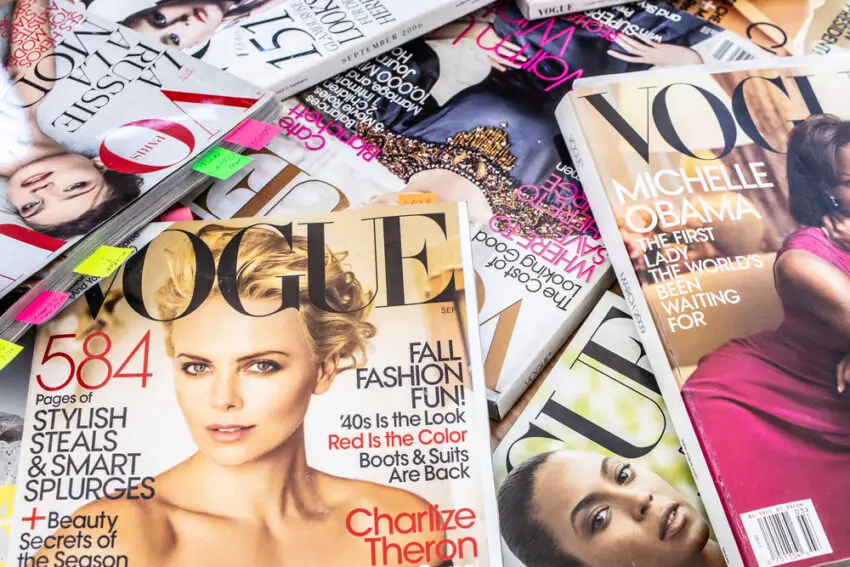In a significant move, OpenAI has entered into a partnership with Condé Nast to feature content from renowned publications such as Vogue, The New Yorker, and GQ within its AI-powered platforms, including the newly launched SearchGPT. This collaboration is part of a growing trend where major media companies are teaming up with AI firms to enhance content quality and availability.
This multi-year agreement aims to integrate content from these iconic publications into OpenAI’s platforms, reflecting the increasing demand for high-quality content to train and refine AI models. Unlike some media organisations that have resisted such collaborations, Condé Nast has chosen a cooperative approach. Although financial details of the agreement remain undisclosed, the partnership is set to benefit both parties significantly.
Brad Lightcap, OpenAI’s chief operating officer, emphasised the importance of maintaining accuracy, integrity, and respect for quality journalism as AI becomes more integral to news discovery and delivery. We’re committed to working with Condé Nast and other news publishers to ensure that AI supports rather than undermines the values of quality reporting, Lightcap stated.
For Condé Nast, this partnership is a strategic move to mitigate the financial pressures facing traditional media in the digital age. Roger Lynch, the company’s chief executive officer, noted that the agreement with OpenAI is expected to help offset revenue challenges exacerbated by the rise of social media and digital platforms. According to Lynch, Our partnership with OpenAI begins to make up for some of that revenue, allowing us to continue to protect and invest in our journalism and creative endeavours.
The collaboration coincides with OpenAI’s launch of SearchGPT, an AI-powered search engine currently in its prototype stage. OpenAI has been actively seeking feedback from its news industry partners to refine the platform, which is anticipated to play a critical role in the future of internet search. Industry analysts are closely observing the rise of AI-driven search technology, viewing it as a transformative force in online information access.
While Google continues to dominate the search market and rapidly integrates AI tools into its products, the shift towards AI-generated responses in search engines has raised concerns among news media firms. These companies heavily rely on search traffic for their audience and revenue. For instance, the BBC has taken measures to prevent unauthorised use of its content by AI firms, while also exploring generative AI’s potential to add value for its audiences.
As the digital media landscape evolves, partnerships like the one between OpenAI and Condé Nast are set to become increasingly common. These collaborations offer new opportunities and challenges for both the technology and media industries.
The partnership between OpenAI and Condé Nast marks a significant step in the integration of AI and high-quality journalistic content. As AI continues to shape the digital landscape, such collaborations will likely play a crucial role in defining the future of both technology and media sectors.


